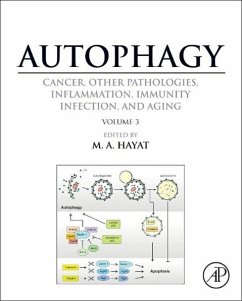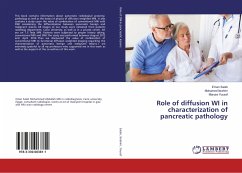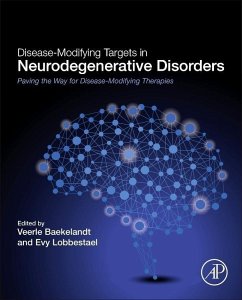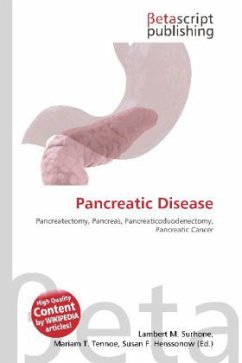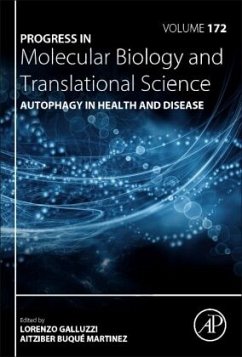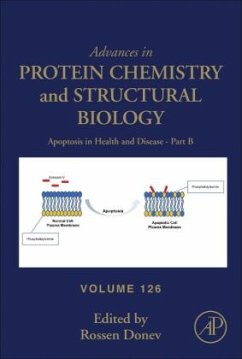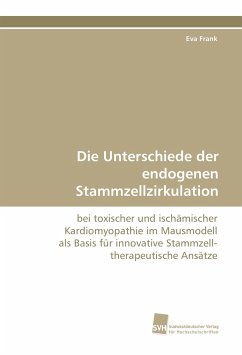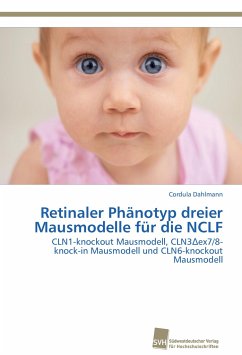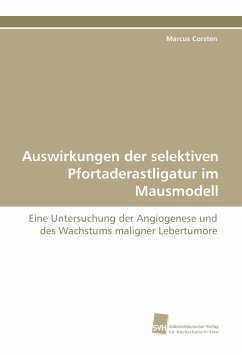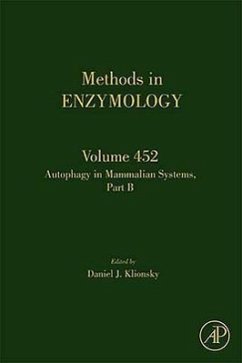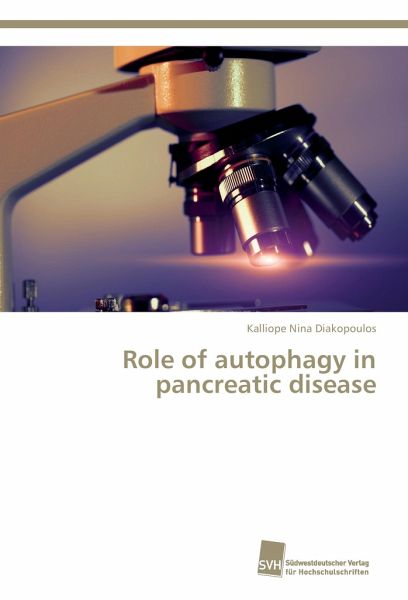
Role of autophagy in pancreatic disease
Versandkostenfrei!
Versandfertig in 6-10 Tagen
36,99 €
inkl. MwSt.

PAYBACK Punkte
18 °P sammeln!
Autophagy describes a homeostatic mechanism, crucial for the regulation of cell metabolism and survival. In order to decipher the role of autophagy in exocrine pancreatic physiology, mice with pancreas specific deletion of the central autophagy regulator Atg5 were characterized in detail. Mice were treated with specific diets to study the effect of dietary composition and anti-oxidants on pancreatic physiology in the context of autophagy deficiency. Finally, the murine pancreatic phenotype with Atg5-deletion was compared to samples from chronic pancreatitis patients. The results of the present...
Autophagy describes a homeostatic mechanism, crucial for the regulation of cell metabolism and survival. In order to decipher the role of autophagy in exocrine pancreatic physiology, mice with pancreas specific deletion of the central autophagy regulator Atg5 were characterized in detail. Mice were treated with specific diets to study the effect of dietary composition and anti-oxidants on pancreatic physiology in the context of autophagy deficiency. Finally, the murine pancreatic phenotype with Atg5-deletion was compared to samples from chronic pancreatitis patients. The results of the present study bring forward the first genetic mouse model of human chronic pancreatitis. Moreover, the clinical relevance of the model is highlighted by the therapeutic results achieved by specific dietary compositions.



